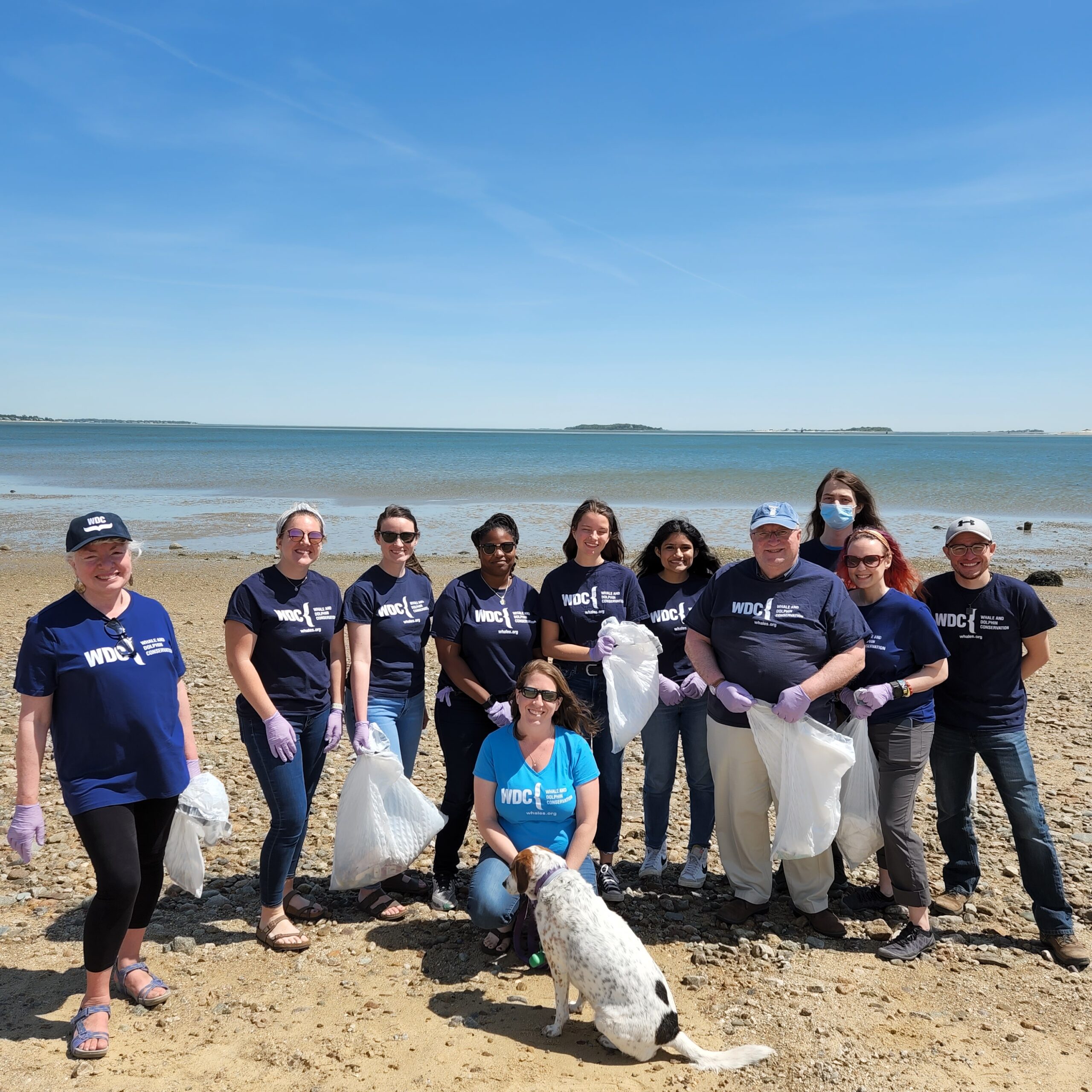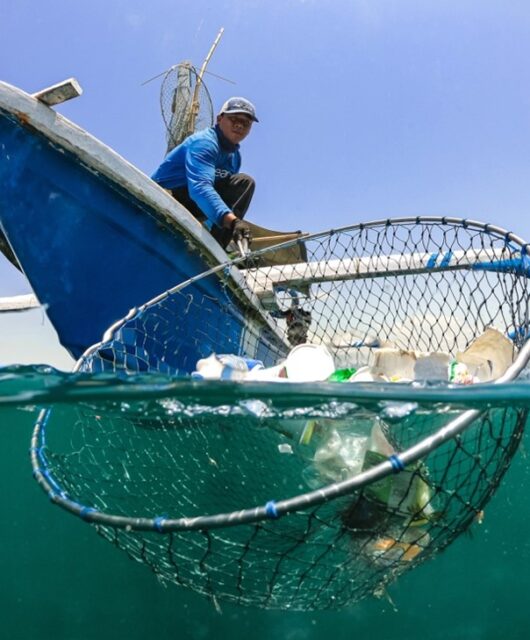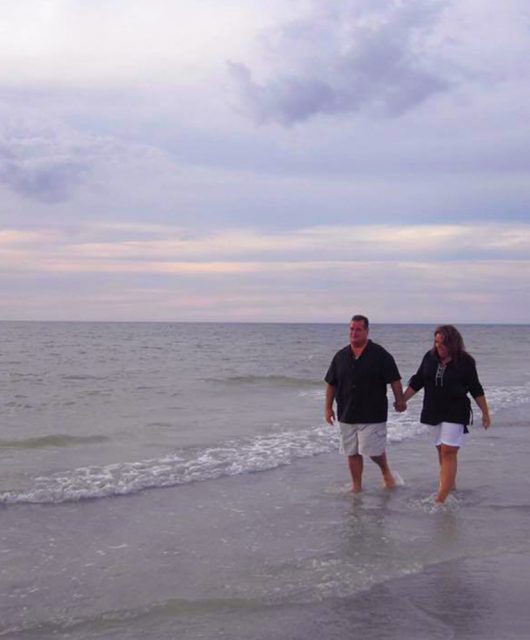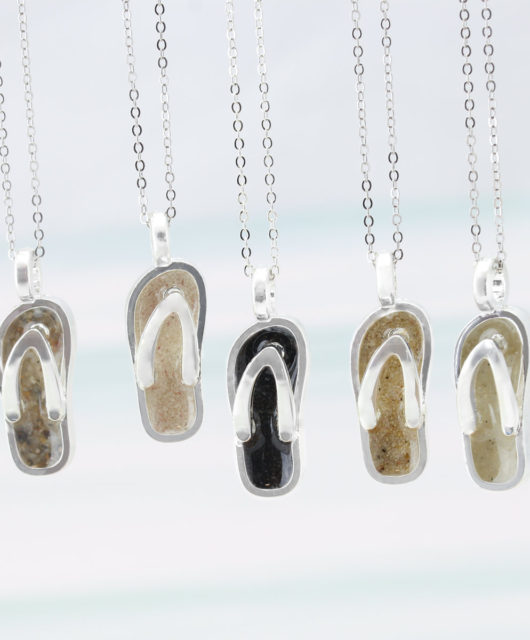Meet: Whale and Dolphin Conservation
This Fourth of July we’re giving back 15% of all dunejewelry.com sales July 2-7 to the Whale and Dolphin Conservation. Read more about this amazing organization, and learn how they help our oceans and the animals living in them.
Whale and Dolphin Conservation, WDC recently announced the Marine Animal Rescue and Response (MARR) program and the addition of staff member, Sarah McCormack. Sarah’s new role as Stranding Coordinator means she is out in the field and interacting with the public on a regular basis. Here she answers some of the most common questions we get about our MARR program.
Dune Q: What does a rescue and response program do?
WDC Sarah: Our team responds to both live and dead marine mammals who are in our designated region which is from Marshfield to Plymouth, Massachusetts.
Since these events aren’t predictable, each day can be completely different from the next. Some days our team is out on a beach monitoring a seal or collecting information from a deceased dolphin.
On days when there are no marine mammals to respond to, we are in the office sorting through data. The data we collect and information from strandings around the country are put into one national database to help with research and to make decisions on how to help a species.
Dune Q: What does it mean when you say that marine mammals are “stranded” or there is a “stranding”?
WDC Sarah: Great question! A marine mammal can be considered “stranded” through a couple of scenarios:
A. The animal is alive and in need of medical attention, or it cannot return to the water without assistance,
B. out of habitat, or
C. dead – on the beach or floating.
Similar to EMTs and first responders for people, our rescue and response team heads to the beach and performs physical examinations on stranded animals to determine what kind of care is needed. Our team measures vitals (temperature, heart rate, and respiratory rate), take blood samples, and treats minor injuries or ailments, such as dehydration.
If we determine that an animal needs more extensive care, we can sometimes transport the animal to a rehabilitation center. Whether treated on the beach or taken to a rehabilitation center, our goal is to release stranded animals back into the ocean as soon as possible.
If a dead animal is reported, the team may perform an animal autopsy to look for clues as to why it died. These are called ‘necropsies’ and they include extensive data and sample collection to look for the presence of disease, confirm evidence of human interaction, and contribute to our understanding of the biology of these animals.
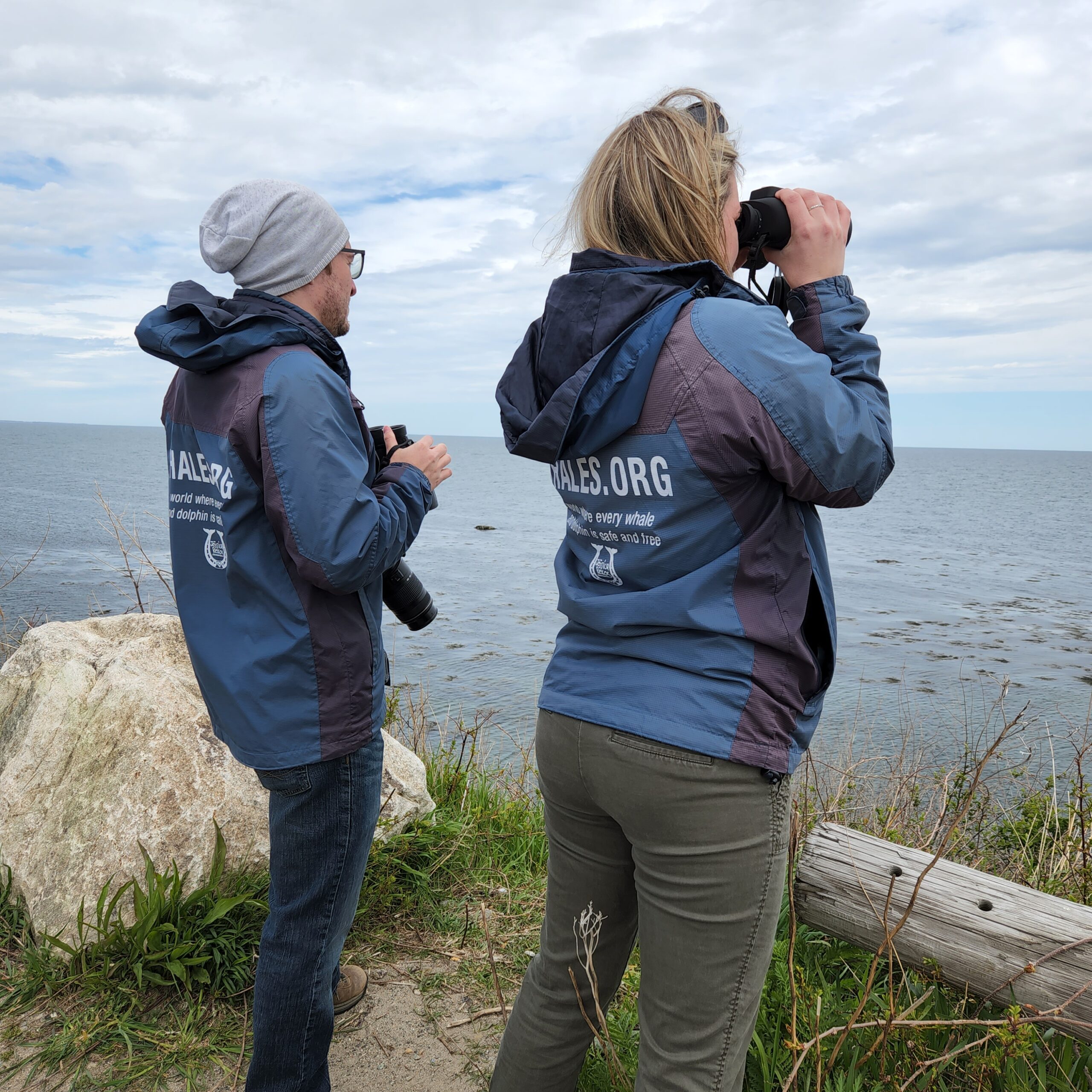
Dune Q: How does it all come together when a marine mammal is stranded?
WDC Sarah: Our team relies on reports that come into our stranding hotline (617-688-6872) to alert us of a stranded marine mammal. The sooner we are aware of a stranded animal, the sooner we can get help to an animal in need.
If you were to come across a stranded marine mammal, the first thing to remember is to keep your distance. We recommend making a minimum buffer zone of 150 feet between you and the stranded animal as they are easily stressed and we want everyone to stay safe.
Next, take note of your location so responders know where to find the animal. Dropping a pin on your smartphone or saving the latitude and longitude is most helpful, but simple landmarks on the beach will also help our team.
Using the zoom feature on your phone, take pictures of the animal from a distance. We can get a lot of information from these pictures!
When responding, our team may decide to let the animal rest or intervene and conduct a physical exam on the animal if necessary. If the animal is deceased, we may conduct a necropsy to try to determine what happened to it.
Dune Q: Why do animals strand or need rescuing?
WDC Sarah: Marine mammals strand for a variety of reasons: disease, starvation, entanglement in debris or fishing gear, vessel interactions, shark interactions, harassment by beachgoers, and maternal abandonment, just to name a few.
The “why” isn’t always obvious, so responders like us collect as much information as possible from each animal to piece together the puzzle. All of this information helps us protect whales, dolphins, porpoises, and seals. This is important from a welfare perspective, but also due to the important role they play in our ecosystem. Each marine mammal species has a valuable role and their protection keeps our environment from drastically changing.
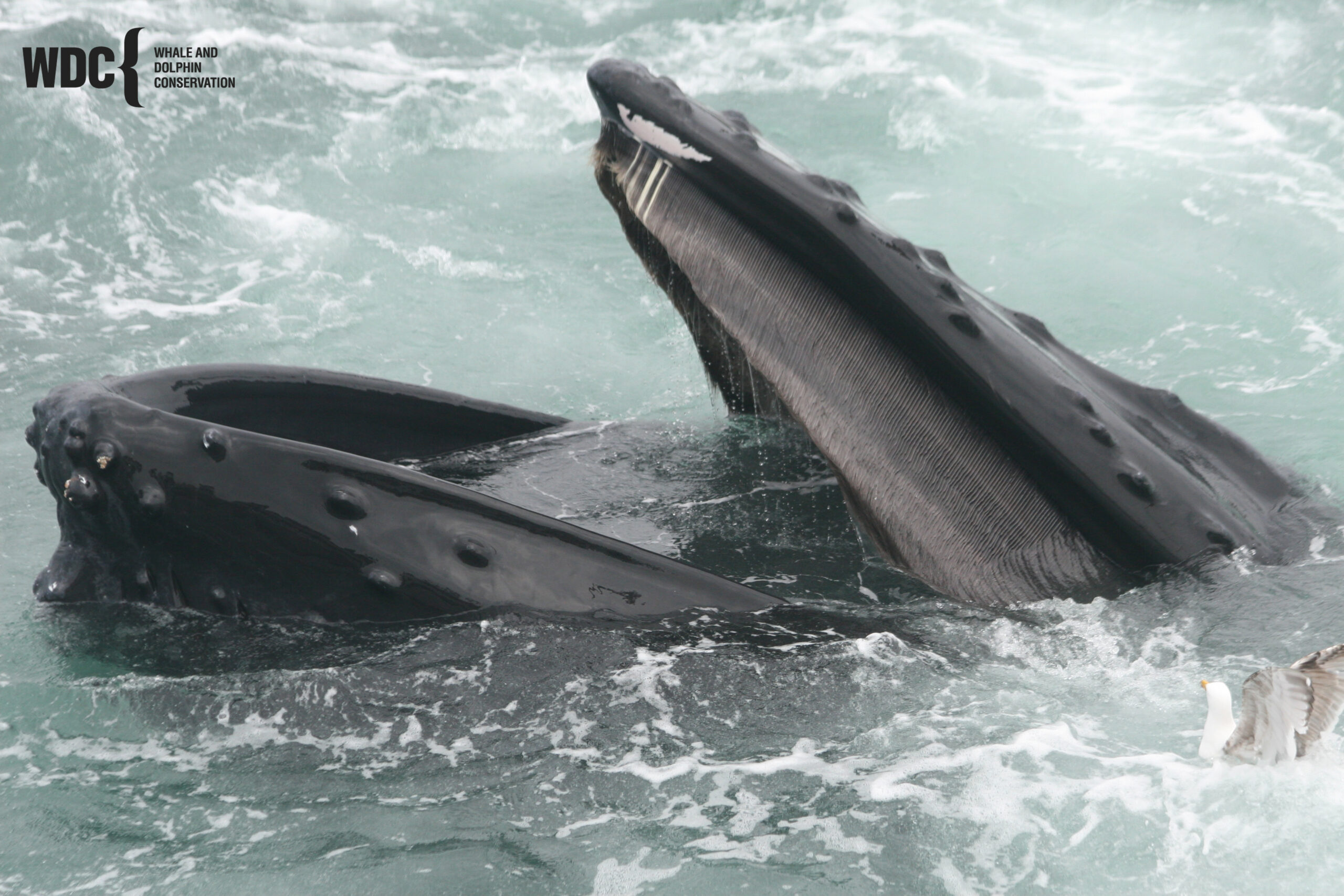
Dune Q: What animals will the program be responding to?
WDC Sarah: Massachusetts is home to many marine mammal species – from seals to dolphins to whales. Our team expects to see more seal strandings from December – February during grey seal pupping season and May – June during harbor seal pupping season.
Baby seals are called “pups” and “pupping season” is when baby seals are born. Due to general failure to thrive or harassment by beachgoers, we will likely receive calls about seal pups who have been abandoned by their mothers.
Additionally, our team is ready and equipped to respond to the occasional live dolphin or whale on the beach, as well as many deceased animals.
Dune Q: How does this program help whales and dolphins?
WDC Sarah: In the short term, the Marine Animal Rescue and Response program will provide direct support and medical treatment to marine mammals in distress.
In the long term, strandings provide information that would be otherwise impossible to collect. Data and samples collected during strandings allow scientists to monitor the health of our oceans. Some examples of this include through identification of harmful algal blooms, identifying contaminants, recording prey availability, etc.
We are constantly looking for trends in our data. If we notice an elevated number of strandings for a specific species, we can look for other links between strandings and adjust which samples we collect to try to learn more.
Data can also be used to help the government make management decisions that result in long-term conservation of a species. A great example of this is the documentation of North Atlantic right whale mortalities caused by vessel strikes in the early 2000’s and the subsequent alteration of shipping channels and implementation of vessel speed restrictions to mitigate their interactions.
Dune Q: How can I get involved with WDC?
WDC Sarah: We rely on members of the public reporting marine mammals who may need our help! First and foremost, save our hotline number in your phone right now if you live in or visit our response area (617) 688-6872.
If you live along the south shore of Massachusetts for any part of the year and are interested in helping, please fill out our volunteer form. WDC’s Marine Animal Rescue and Response program and others like it rely on help from volunteers!
